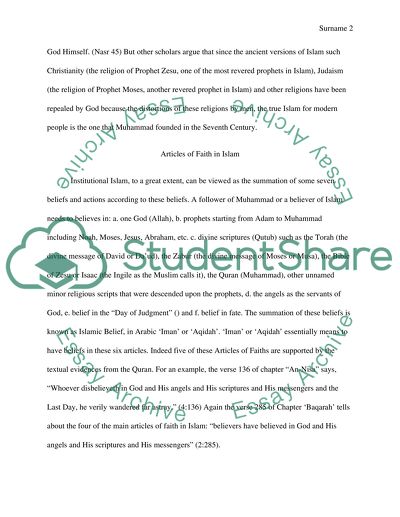Cite this document
(“An Overall Analysis of Various Aspects of Islam Research Paper”, n.d.)
An Overall Analysis of Various Aspects of Islam Research Paper. Retrieved from https://studentshare.org/religion-and-theology/1447659-islam
An Overall Analysis of Various Aspects of Islam Research Paper. Retrieved from https://studentshare.org/religion-and-theology/1447659-islam
(An Overall Analysis of Various Aspects of Islam Research Paper)
An Overall Analysis of Various Aspects of Islam Research Paper. https://studentshare.org/religion-and-theology/1447659-islam.
An Overall Analysis of Various Aspects of Islam Research Paper. https://studentshare.org/religion-and-theology/1447659-islam.
“An Overall Analysis of Various Aspects of Islam Research Paper”, n.d. https://studentshare.org/religion-and-theology/1447659-islam.


